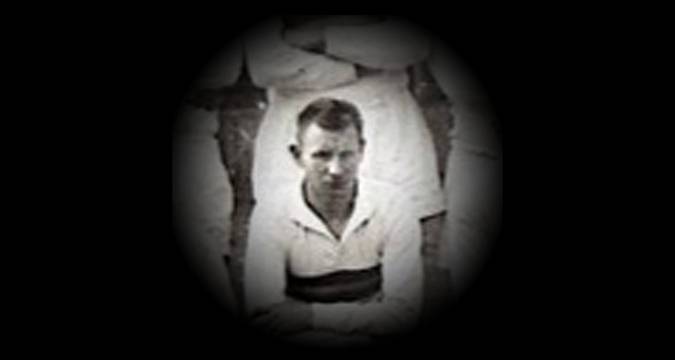 LEN HALEY (1930-2023)
By DOUG THOMSON
LEN HALEY was a gifted and durable stand-off who turned to Rugby League after a union snub and stayed loyal to Bradford Northern as the declining club slid towards self-destruction in the 1960s.
Haley, who has died at the age of 93, skippered the Odsal side during his 288 appearances between 1951-52 an
LEN HALEY (1930-2023)
By DOUG THOMSON
LEN HALEY was a gifted and durable stand-off who turned to Rugby League after a union snub and stayed loyal to Bradford Northern as the declining club slid towards self-destruction in the 1960s.
Haley, who has died at the age of 93, skippered the Odsal side during his 288 appearances between 1951-52 an Obituary: Len Haley – A gifted player who experienced Bradford’s epic decline
 LEN HALEY (1930-2023)
By DOUG THOMSON
LEN HALEY was a gifted and durable stand-off who turned to Rugby League after a union snub and stayed loyal to Bradford Northern as the declining club slid towards self-destruction in the 1960s.
Haley, who has died at the age of 93, skippered the Odsal side during his 288 appearances between 1951-52 an
LEN HALEY (1930-2023)
By DOUG THOMSON
LEN HALEY was a gifted and durable stand-off who turned to Rugby League after a union snub and stayed loyal to Bradford Northern as the declining club slid towards self-destruction in the 1960s.
Haley, who has died at the age of 93, skippered the Odsal side during his 288 appearances between 1951-52 an 